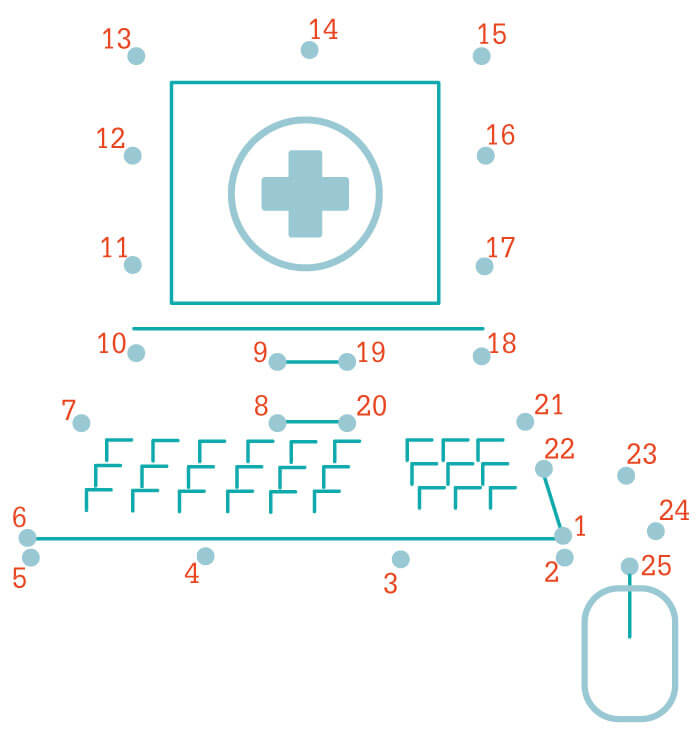
Companies are increasingly investing in AI, and machine and deep learning to open up new routes to innovation, but the technology is new and the data available in life sciences is vast – and many are not seeing the insights from AI that they expected. Elsevier has developed a new AI platform called Entellect that is specifically designed to cope with scientific data. The platform can contextualize and connect drug, target, and disease data. We speak with Tim Miller, VP Elsevier, Life Sciences Platform Solutions, to find out more.
How can using data more efficiently aid drug development?
Every drug development program generates massive amounts of data – and hidden within that data can be a new clue that might start a new drug program, or halt a drug program otherwise doomed to fail expensively. But so much of a data scientist’s time is currently taken up with tasks such as cleansing, integrating and formatting data. Simply making data management more efficient could make a huge difference. Data is the lifeblood of life sciences R&D today and removing the obstacles to using it is critical in supporting the industry to deliver positive outcomes for patients. Whether realizing the full potential of precision medicine, identifying drug candidates for repurposing in rare disease treatment, or analyzing the safety and efficacy profiles of compounds in early R&D – the potential benefits through the use of deep learning platforms are significant.
What are the challenges of using AI in life sciences?

Life sciences is a difficult field in which to undertake AI because of the variety of different data, all captured in different ways for different purposes. These data then must be combined to provide a holistic view. We developed Entellect because many companies we work with expressed their frustration with other AI platforms. Few AI platforms are designed for life sciences – most platforms were initially designed for financial, automotive, and engineering problems. In my view, one tool which provides a singular experience cannot meet the needs of multiple different researchers – specialization is essential.
How does the Entellect platform work?
The platform is built on our heritage of rigorous data governance. Entellect links data from a multitude of sources, whether internal and external databases, LIMS, archives or public taxonomies. We hope that access to this data will allow researchers to produce far more accurate predictive models for drug R&D, including drug efficacy studies, risk-benefit analyses and pharmacovigilance. The platform has also been designed to simplify activities like text mining, data normalization, application of ontologies and mapping of ontologies onto multiple data sets. It’s an open platform designed for data and application sharing.
How has the industry responded so far?
We’ve seen a really positive reaction. One customer has experienced success in helping to gather, cleanse and connect hundreds of thousands of different unstructured medical documents. The documents were provided in several formats, and Entellect was able to standardize the data to make it searchable. Users can search across various fields including drug names, targets and diseases, which allows users to rapidly access scientific information.




